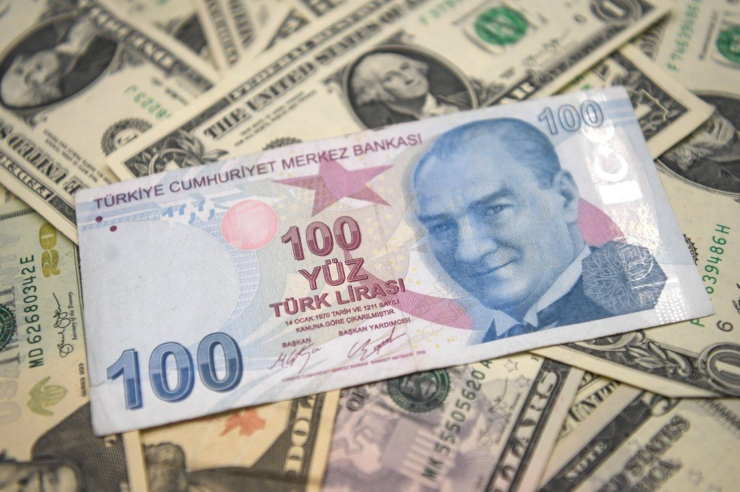When you think of crypto and NFT powerhouses, Turkey might come up on top of the list but it is actually miles ahead of many regions across the world. Both adoption and technologies are advancing at a pace that users from other countries can only dream of! In fact, the influence is so strong that Lira’s volatility might be correlated with the prices of Bitcoin (BTC) and Ethereum (Ether).
International Tax Attorney and CPA Selava Ozelli released an in-depth discussion of the interplay between digital currencies and Lira. During the fourth quarter of 2021, the TRY/USD exchange rate crashed from 18.5 to 9 liras per dollar in the six weeks leading up to mid-December. Then, it climbed to a strong position as high as 10 liras. As of press time, it is pegged at 13.45, making the currency a highly volatile asset.

Bitcoin (BTC) reached an all-time high in 2021. However, the market unexpectedly crashed during the first trading week of 2022. So the buzz is it has officially entered the bear market. Despite this, the crypto and NFT industries are thriving in the country. Cashless payments are already above 50% of all transactions, per PwC’s 2020 payments research.” In addition, the government established the Digital Turkish Lira Collaboration Platform to support digitalization.
About Turkey’s NFT Landscape
The NFT landscape in Turkey is also heating up, as with the rest of the world. Award-winning Turkish-American new media artist Refik Anadol is at the forefront of NFT adoption. He is the first artist to use artificial intelligence in a public immersive artwork. To make this possible, he partnered with teams from notable companies and institutions. For example, Microsoft, Google, Epson, Harvard California and Stanford University.
Turkish consumers are using several platforms to create and sell NFTs. OpenSea is still the most popular NFT Marketplace. Turkish artists like Refik Anadol, Cem Yılmaz and others have already created and sold their NFTs on the Ethereum-based platform.
In addition, there are already alternative options in the market for those who can’t afford the high gas fees. Eco-friendly Avalanche-based platforms are making waves in the space, especially for lesser-known artists and their communities.
Regulatory Side
Like in most countries, the regulatory side of crypto and NFTs are still evolving. Despite the rise of transaction volume of Turkey residents, there is currently no regulation on the taxation of cryptocurrencies or NFT transactions.
Generally, different bodies are working on different aspects of crypto assets. The Financial Crimes Investigation Board (MASAK) actively oversees crypto service providers (crypto exchanges) on AML and compliance issues. The central bank is regulating the payment aspect of crypto assets. Lastly, the Capital Markets Board (SPK) governs the crypto market, including ICOs and token offerings in a case-by-case manner.”
The overall NFT market is expected to grow this 2022. So eventually, the regulatory bodies in Turkey should catch up. This is the only way to push for adoption in the country while ensuring that consumers receive full protection.
Are you tired of missing important NFT drops?
Just check out our NFT Calendar !
Subscribe to our hot social media and don’t miss anything else
If you’re old school :
All investment/financial opinions expressed by NFTevening.com are not recommendations.
This article is educational material.
As always, make your own research prior to making any kind of investments.
Owners, holders, fans, community members, whales… Want to boost this article by featuring it on top of the Homepage? ==> Contact us!






















Comments (No)